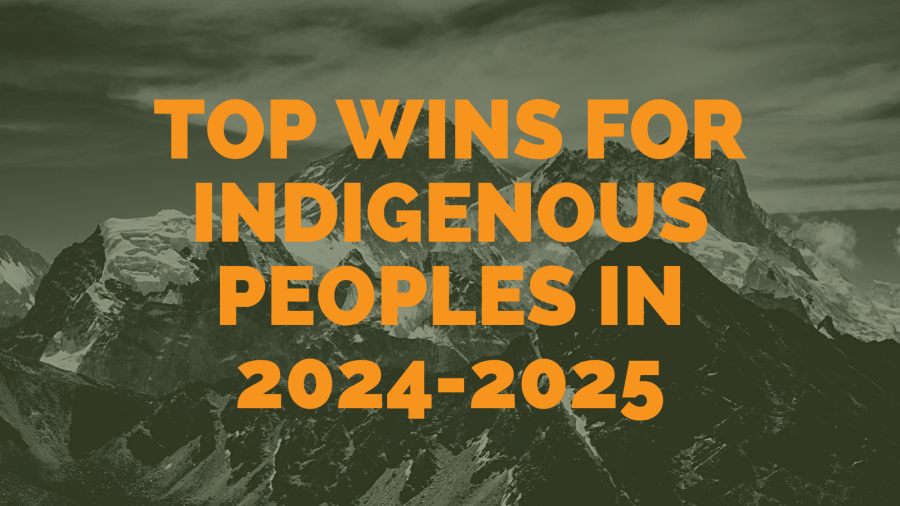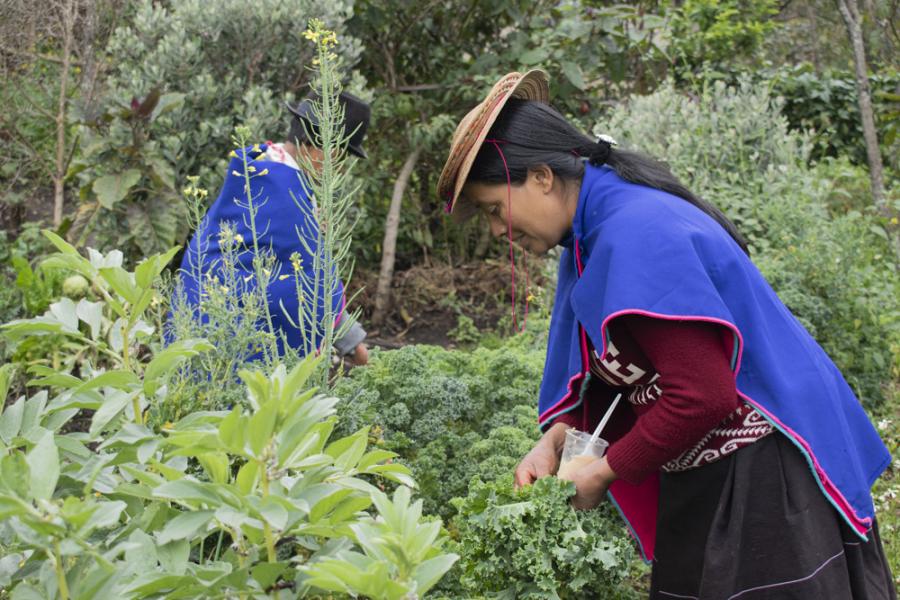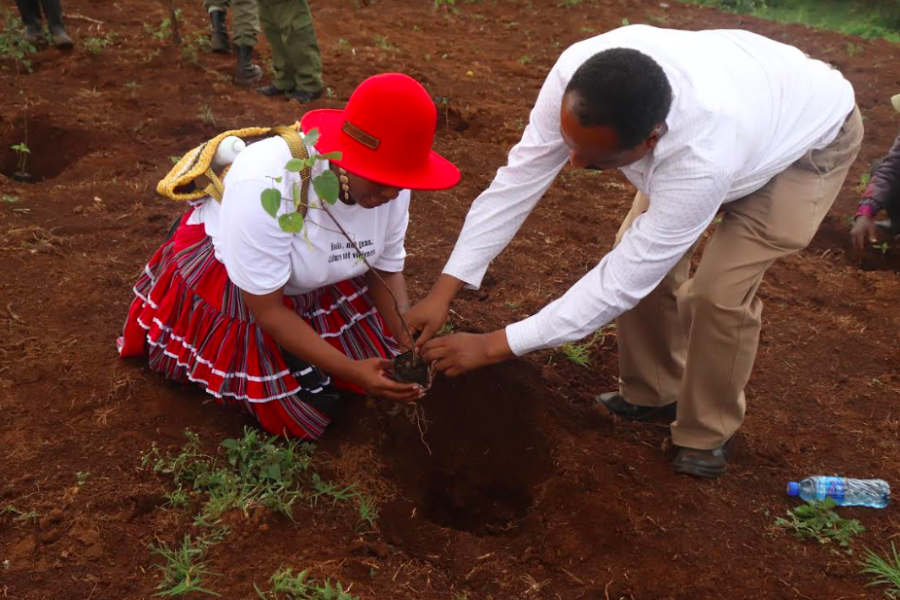
Informal consultations on the Outcome Document for the high level plenary meeting of the UN General Assembly or the World Conference on Indigenous Peoples commenced June 3, 2014 at the UN Headquarters in New York.
The opening intervention made by Jebra Ram Muchahary and Mehana Hind on behalf of the Indigenous caucuses from the regions of Africa, Arctic, Asia, Latin America and the Caribbean, the Pacific, and Russia requested the finalization of organizational matters such as the definition of specific themes and the designation of member states and Indigenous Peoples as co-chairs for the roundtables and interactive panel discussion. In addition, the selection of three Indigenous Peoples representatives at the opening meeting was requested in addition to the consideration of an opening ceremony involving Indigenous Peoples.
Carl Hutchby, representing the The Pacific Caucus, called for "partnership and mutual respect" between member states and indigenous peoples, requesting that the Alta document act as guide in terms of themes and recommendations for the WCIP.
The Arctic region representative, Mattias Åhrén, echoed these sentiments and recommended that the outcome document remains in keeping with the Alta document's call for an international oversight mechanism that promotes respect for and implementation of Indigenous Peoples' rights. He further appealed for implementation mechanisms to be established on a national level with a focus on land, resource, and self-determination rights.
The United States representative emphasized the importance of raising awareness about violence towards women and the push to stop the global and domestic commercialization of human remains and cultural property.
The importance of having nation-to-nation relationships with Indigenous governments was stressed by the North American indigenous representatives, as well as proposing the stipulation that member states should agree not to change any text agreed upon by Indigenous Peoples during the drafting process of the outcome document.
Norway also cautioned that to exclude indigenous peoples from the latter portion of the outcome document drafting process is not in line with the full and direct indigenous participation ostensibly promoted by the WCIP.
Representing Latin America and the Caribbean, Florina Lopez urged the importance of highlighting FPIC in future proceedings and proposed that the right to consent should be standardized in the outcome document, and providing practical support to indigenous communities in developing countries was spotlighted by the representative from China.
The President of the general assembly, John W. Ashe, remarked that the nature of the informal consultation process is one of transparency and open exchange. He stressed that these proceedings should be an open forum for ideas and recommendations, and that it is important that an outcome document not “materialize out of thin air” but be composed of previously discussed proposals.



